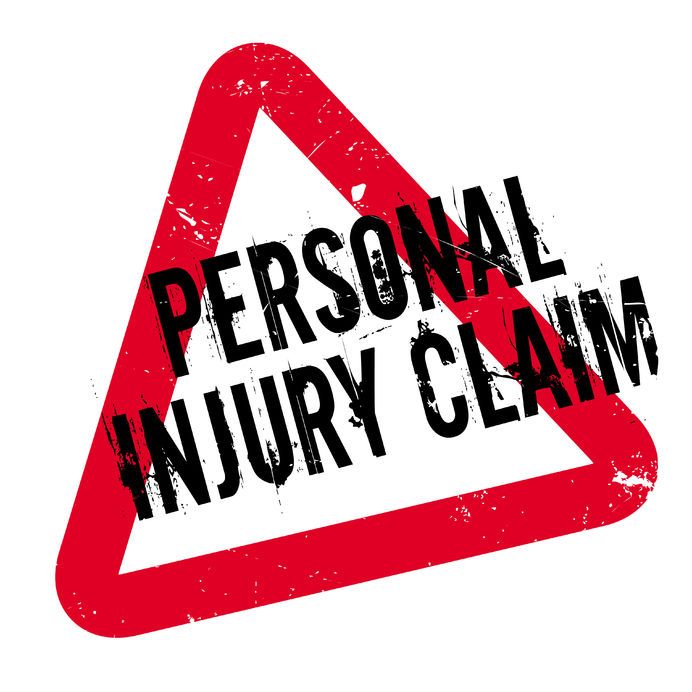
Time to File Your Wisconsin Personal Injury Claim
Time is running out to file your Wisconsin Personal Injury Claim
If you suffer a personal injury, you have a limited time to file a lawsuit in Wisconsin. This period, called the statute of limitations, helps ensure efficient justice for injured people, and prevents people who cause injuries from having to defend claims many years later. Understanding the time limit for your injury can help you avoid missing your chance to recover the damages you suffer.
General Time Is Three Years
For most personal injuries, Wisconsin law sets the statute of limitations at three years. This includes slip and fall accidents, vehicle accidents, and most other accidents. What this means for you is that, once an accident occurs, you have to file a suit within three years, or you lose the opportunity to recover.
Some Claims Have Less Time
Not every kind of claim allows this much time. In a wrongful death action resulting from a vehicle accident, you only have two years from the time of the person’s death to file a suit. This exception to the general three year statute of limitations can prevent a family from recovering lost wages and other damages.
For claims against the government, you have even less time: you must give notice to the governmental agency responsible within 120 days of the accident. Wisconsin requires this notice to have specific information and come in a particular form.
Discovery and Tolling
In some cases, you may gain a reprieve. If the person injured is a minor, you generally have until that person reaches 18 years old before the statute starts to run, giving him or her up to age 19 to sue. Further, in product liability or medical malpractice claims, where you may not know of the injury until later, you may have an additional two years.
Still, the longer you wait, the greater the chance you may lose the right to sue or collect damages. If you have been injured in Wisconsin, contact an attorney right away to help protect your rights.







